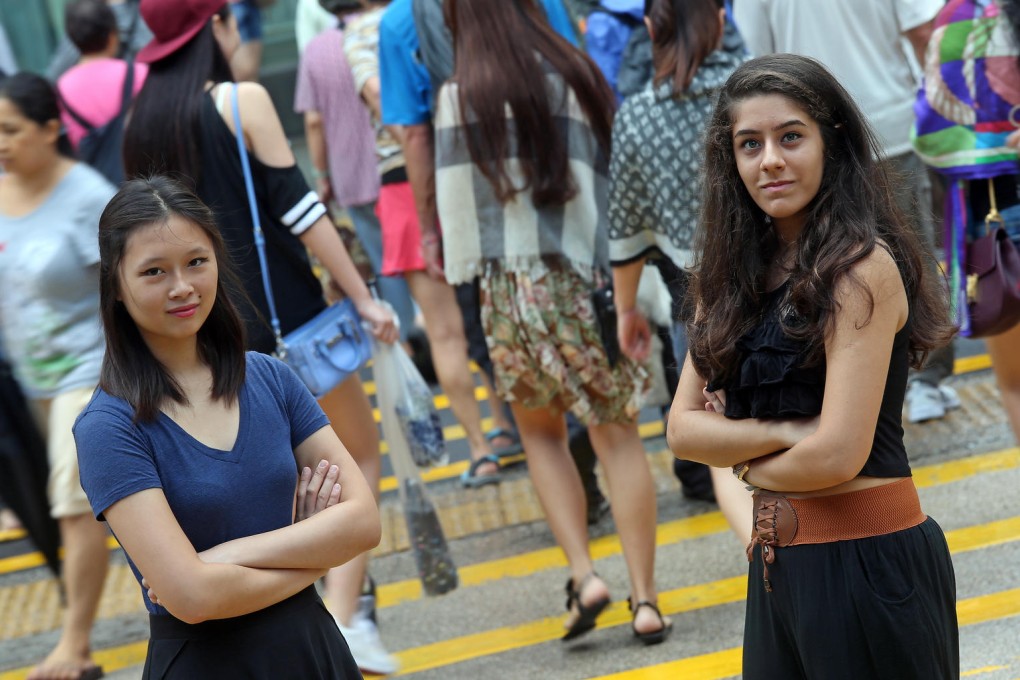The rise of Hong Kong student activist group DC Labour Rights
A human rights group run by high-school students is taking on some big challenges

While most people spend at least some of their teen years thinking about what they want to be when they grow up, a small proportion are already working hard to get there. DC Labour Rights, a human rights campaign group, is made up of a dozen Discovery Bay College students who manage to balance schoolwork with activism.
In 2012, inspired by humanities teacher Bruce Taylor, the group, originally all girls, chose their first battle: electronics manufacturer VTech. In June that year, the Institute for Global Labour and Human Rights (The Institute), a not-for-profit organisation dedicated to defending the rights of workers, published a report about VTech's human rights abuses of workers in its Chinese factories.
"Mr Taylor had the idea to initiate a student-run group. He has very strong political beliefs and while other teachers would say get involved, without telling us how to, he showed us what we could do," one of the group's founding members, Samaara Malhotra, says.
With the company's headquarters located in Hong Kong, the factories in question based in China, and The Institute's report to guide them, VTech seemed like the perfect first fight to pick.
"We wanted to work on an issue that we knew something about," another of the group's founders, Kathy Lau, says. "But there are so many companies doing the same thing."
As with the launch of many groups, there were teething problems: the usual arguments over who would do what and what needed to be done. Now, DC Labour Rights is organised without hierarchy, with everyone's contributions considered equal in the eyes of the group. It's how they believe companies should be run, valuing each person's role.